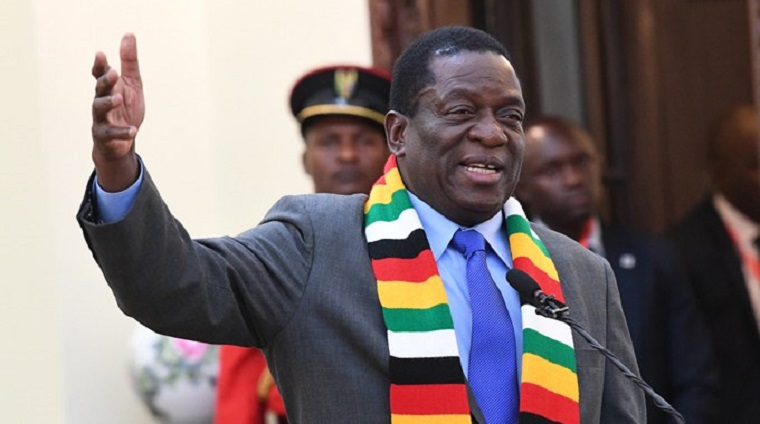 The old man from Tshabalala in Bulawayo asked the pharmacy cashier casually how much his regular medicine now cost. The cashier told him it was still US$8 or RTGS32.
The old man from Tshabalala in Bulawayo asked the pharmacy cashier casually how much his regular medicine now cost. The cashier told him it was still US$8 or RTGS32.
As he waited for his drugs from the dispensary, the old man asked the cashier: “Do you think things will change if we have a change of leadership?”
The cashier was non-committal, probably because he did not know which party the pensioner supported.
Bulawayo has since independence been the hub of the opposition. First, it was dominated by the Zimbabwe African People’s Union led by one of Zimbabwe’s founding fathers Joshua Nkomo.
When ZAPU and the Zimbabwe African National Union-Patriotic Front merged at the end of 1987, reducing the country to almost a one-party State, the ruling ZANU-PF dominated until the formation of the Movement for Democratic Change in 1999.
The opposition party has dominated Bulawayo politics since the elections of 2000.
After failing to get an answer, the old man said: “I am asking because on my way here, some young men were arguing that things will never change under Mnangagwa. They even blamed him for the accident in Wedza where 14 members of the Apostolic Church were killed when they were run over by a truck. They said he is responsible for all the deaths in the country, including those from Cyclone Idai because God is not happy with him.”
President Emmerson Mnangagwa has failed to gain the goodwill of the people, especially the youth, who blame him for everything that is going wrong in the country.
They are right to some extent because Mnangagwa came to power with a lot of promise, vowing to eradicate corruption, creating jobs, raising the country to upper middle income status by 2030, announcing mega investment deals, but it seems everything has come to naught.
Instead, there are fears that the country could return to the hyperinflation of 2008 as prices are skyrocketing and savings are being eroded. But Mnangagwa remains optimistic.
In his Easter message, he said: “As we celebrate Easter, we commemorate our Lord Jesus Christ’s resurrection. The struggle and victory of light over darkness, of life over death.
“In Zimbabwe, we are currently undergoing our own struggle of light over darkness. As we walk the road of transformation and reform, we are guided by our Lord Jesus Christ’s teachings of forgiveness, peace and love, and take comfort from his victory.
“For while the challenges we face are significant, we are resolute in our faith that with hard work, sacrifice and unity, we too will triumph.”
While the same message would have raised a lot of hope coming from a pastor, most brushed it off with some even doubting that it was from Mnangagwa.
“Mr mnangagwa it was a mistake taking off mugabe from the throne. we expected a father from you a brother and a comrade but u came and started looting. then today u tell us of darknes and light but i assure u. You are the darkness we have in Zimbabwe,” DocNehanda responded to the tweet by Mnangagwa on his official handle.
Ssshava doubted the message was from Mnangagwa saying. “Whoever it is, I can tell it’s not ED. ED can never thank God without thanking the ancestors!”
Armson Ndlovu had this to say: “Iwe uchingotonga isu tisingade kutongwa newe asi unongotonga chete by force. A yfe refusing to consent to sex with huby but huby continues to have it with her on a daily basis. This is bad i wish cyclone idai cud hve happened at state house to sweep away cyclone dambudzo.”
Mnangagwa has an uphill struggle to convince his people that things will change in Zimbabwe as all they are seeing is doom and gloom.
It must, therefore, have been a shock to most Zimbabweans to learn that they are happier than Batswana, Malawians and Tanzanians.
His administration must therefore be doing something right which people do not seem to appreciate.
Maybe, the world happiness survey that placed Zimbabwe at 146 out of 156 was carried out in the first half of 2018 when everyone was still reveling in the coup on November 2017 which brought on a lot of hope?
(443 VIEWS)






0 Comments